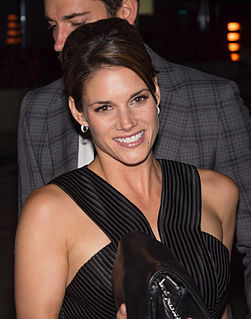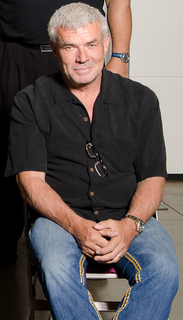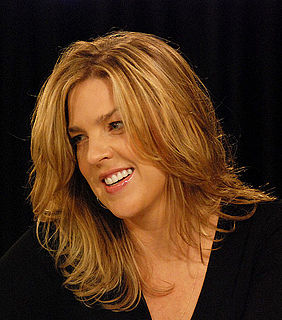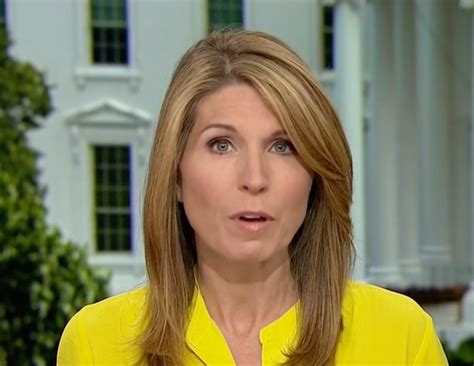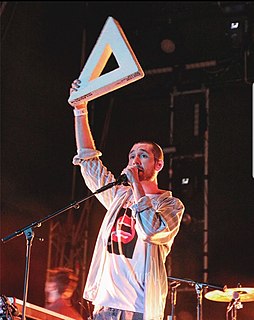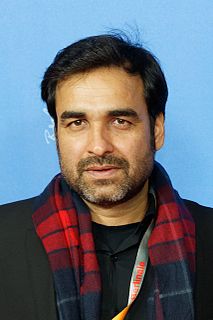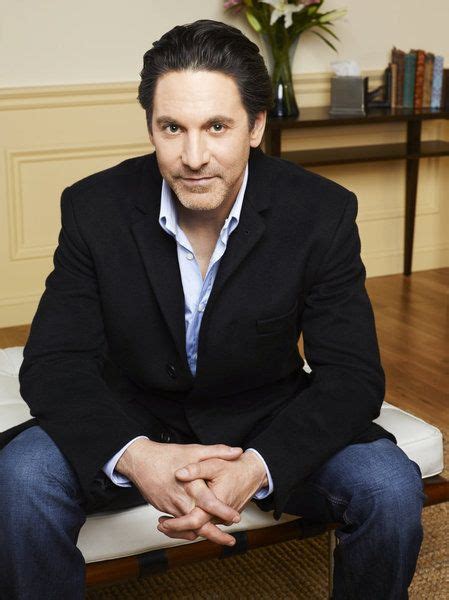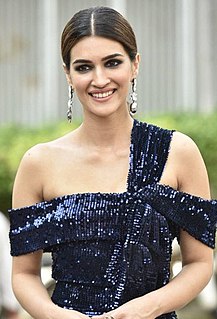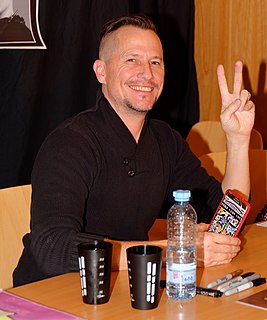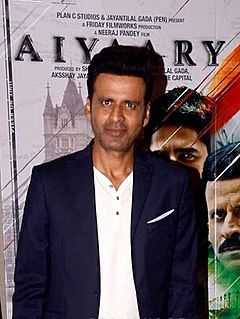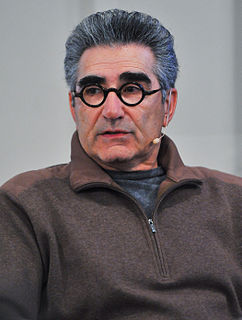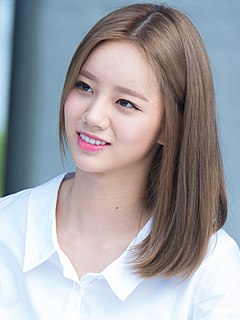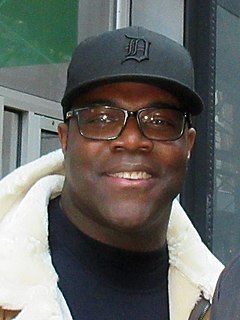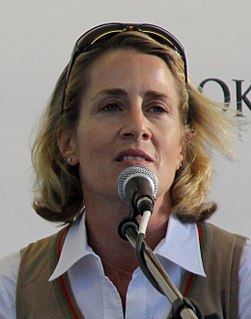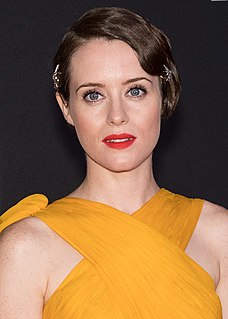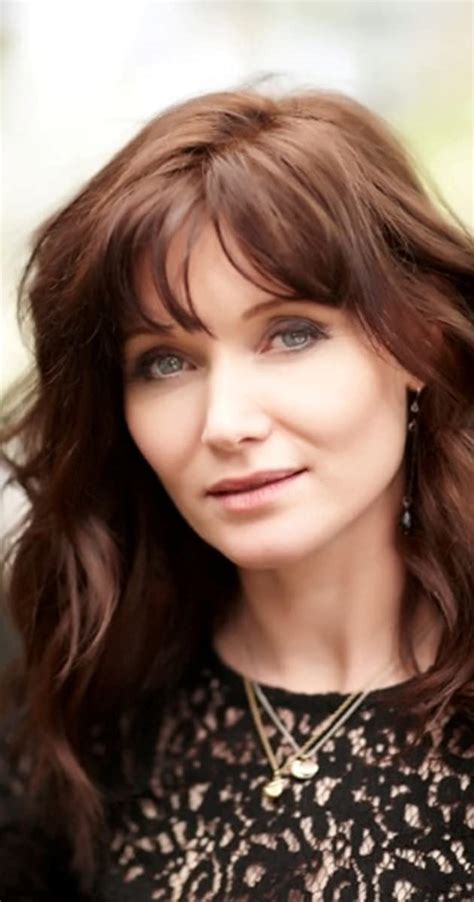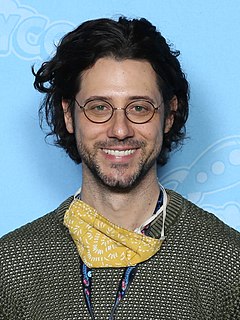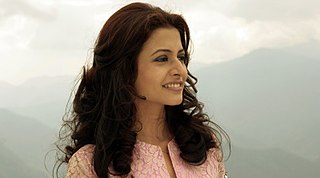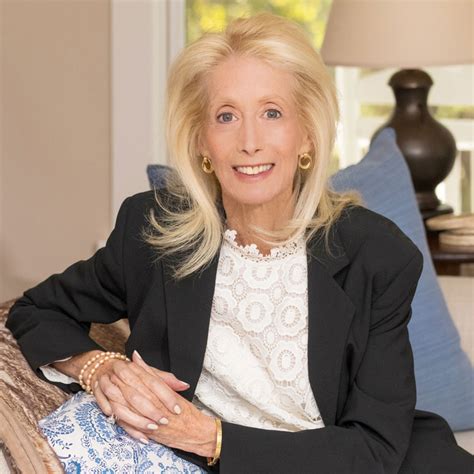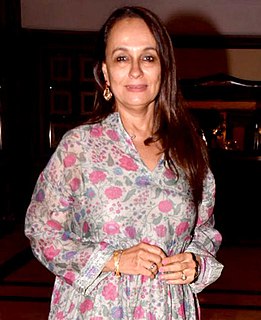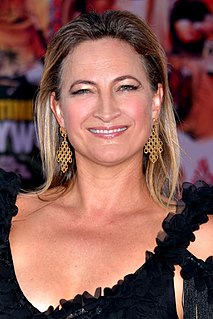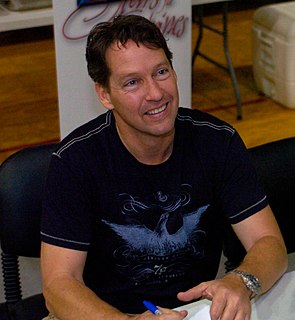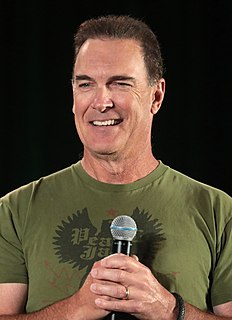Top 1200 Fictional Character Quotes & Sayings - Page 18
Explore popular Fictional Character quotes.
Last updated on November 14, 2024.
I must say Steven Spielberg was great to me, and I loved working with him. He called me up on the phone and was like, "I want you to be in this movie - 1941. There are a couple of parts. You can take whichever one you want. One of them is a main character who is involved in everything, and there's another character who has his own storyline and goes off on his own. He's probably the funnier, more unique character." I said, "Well let me do that second one."
There have been times I thought that when I got a certain point in the story, a certain character was going to do a certain thing, only to get to that point and have the character make clear that he or she doesn't want to do that at all. That long phone conversation I thought the character was going to have? He hangs up the phone before the other person answers, and twenty pages of dialog I had half written in my head go out the window.
The character truest to itself becomes eccentric rather than immovably centered, as Emerson defined the noble character of the hero. At the edge, the certainty of borders gives way. We are more subject to invasions, less able to mobilize defenses, less sure of who we really are, even as we may be perceived by others as a person of character. The dislocation of self from center to indefinite edge merges us more with the world, so that we can feel blest by everything.
What drew me to Batman in the first place was Bruce Wayne's story, and that he's a real character whose story begins in childhood. He's not a fully formed character like James Bond, so what we're doing is following the journey of this guy from a child who goes through this horrible experience of becoming this extraordinary character. That, for me, became a three-part story. And obviously the third part becomes the ending of the guy's story.


